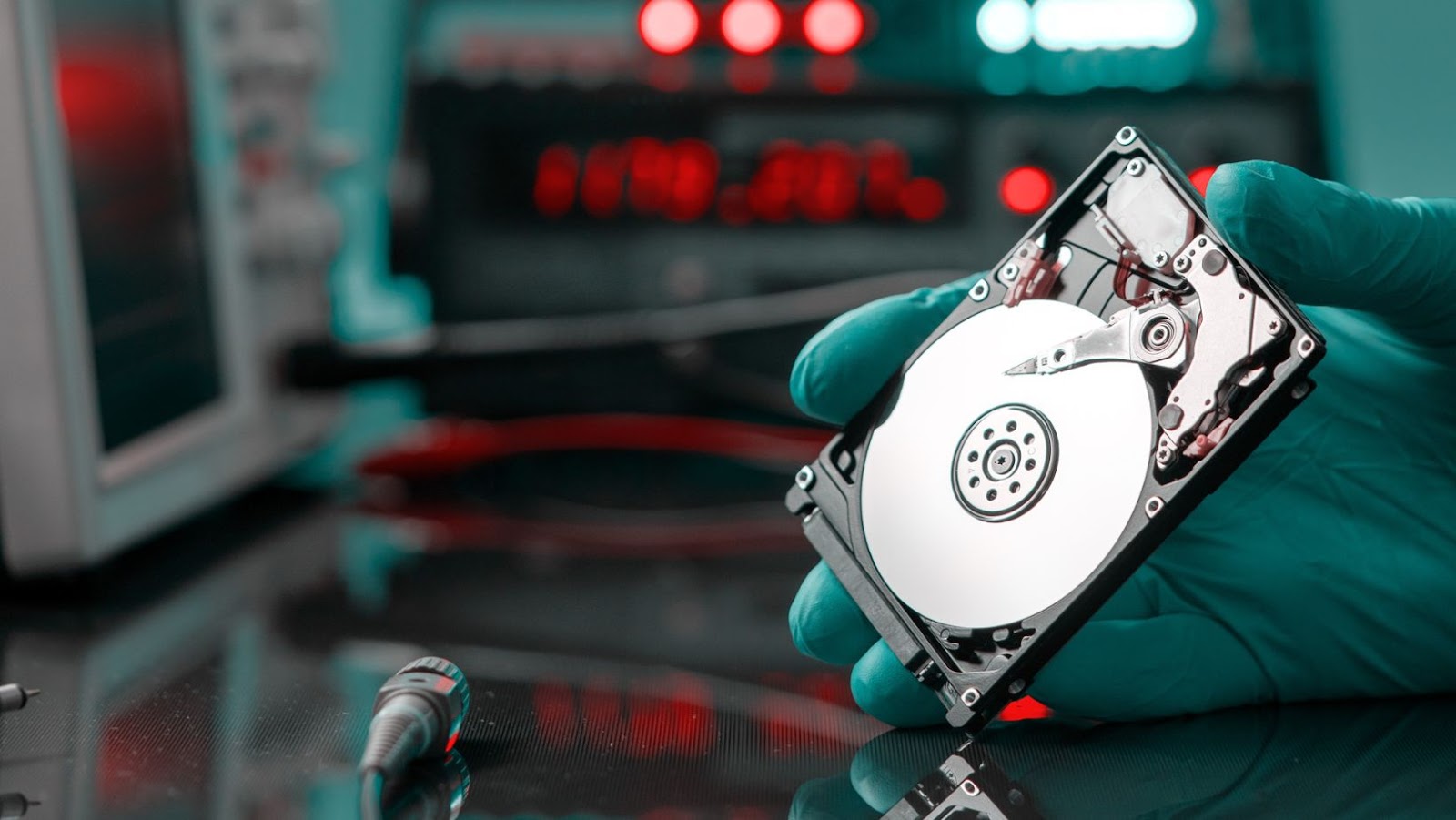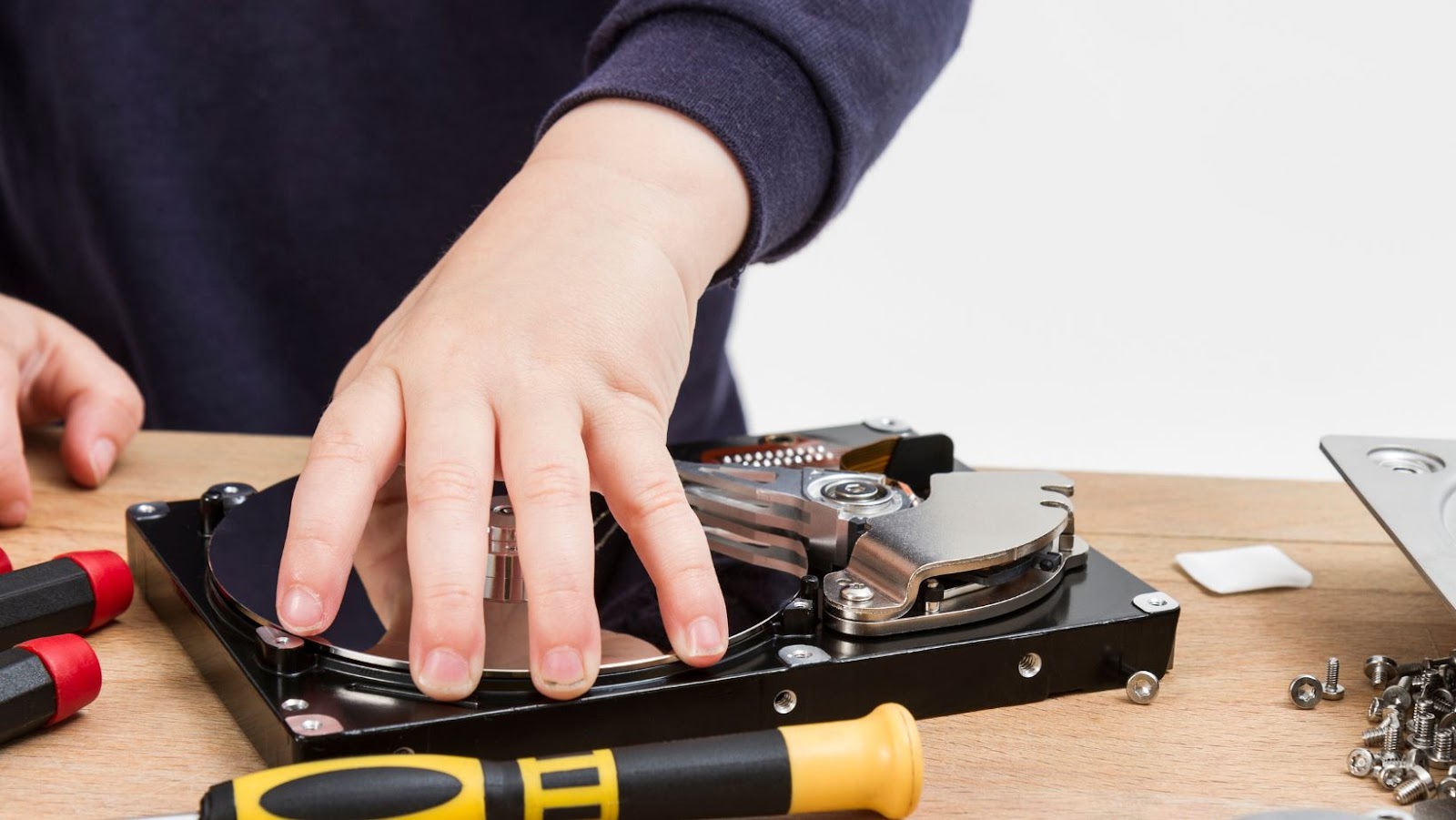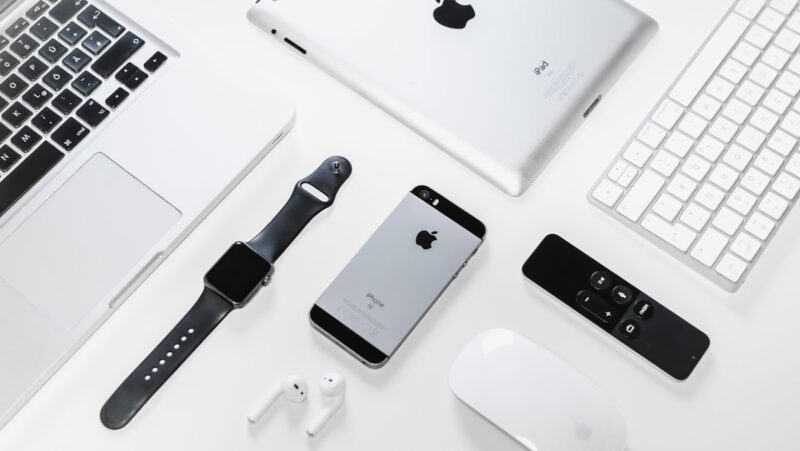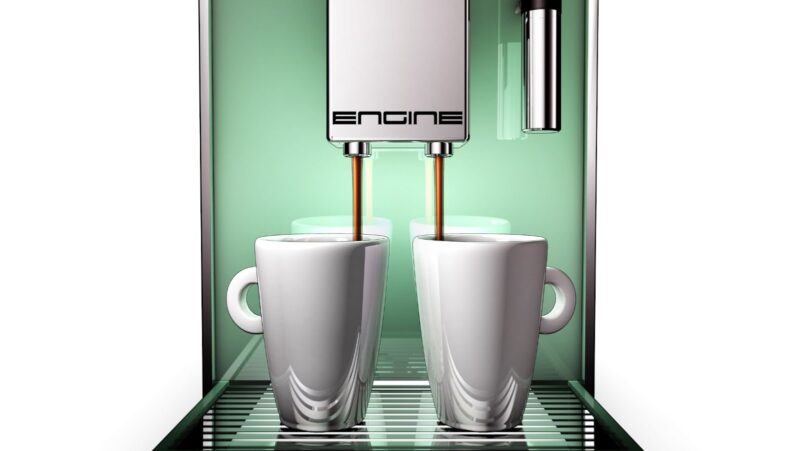
Introduction
Cloning a hard drive is the process of making an exact copy of your current hard drive onto another drive. This can be useful if you want to upgrade to a larger hard drive, or if you want to create a backup in case your current hard drive fails.
However, there are some risks associated with cloning a hard drive. The most significant risk is that you could lose data if the clone process is not done properly. It is also possible to clone a virus onto your new hard drive, which could cause serious problems.
Before you decide to clone your hard drive, it is important to weigh the risks and decide if this is the best option for you.
What is Cloning?
Cloning is the process of making an exact copy of something. In the context of hard drives, cloning creates an exact, bit-for-bit copy of a drive, including its operating system, applications, settings, and data.
There are a few different ways to clone a hard drive. One is to use a third-party cloning application, such as Carbon Copy Cloner or SuperDuper!. These applications make it easy to clone your hard drive by providing a simple interface and doing most of the work for you.
The other way to clone a hard drive is to use Finder or Disk Utility in OS X. This method is more advanced and requires more steps, but it can be useful if you want more control over the cloning process or if you’re using an older version of OS X that doesn’t have any good cloning options available.
The Risks of Cloning
Cloning a hard drive can be a great way to create a backup or to upgrade your storage. However, there are some risks that you should be aware of before you clone your hard drive. In this article, we’ll go over the risks of cloning a hard drive so that you can make an informed decision.
Data Loss
One of the risks of cloning a hard drive is data loss. This can occur if the hard drive is not properly backed up before it is cloned. If data loss occurs, it may be difficult to recover the lost data.
Another risk of cloning a hard drive is that the clone may not be an exact copy of the original hard drive. This can lead to problems if you try to restore from the clone.
Finally, cloning a hard drive can be time-consuming and require specialised equipment. If you are not familiar with the process, it is best to hire a professional to perform the clone for you.
Hardware Failure
One of the most common risks associated with cloning a hard drive is hardware failure. This can occur for a variety of reasons, but it usually happens because the process of cloning a hard drive is very resource-intensive. If your computer doesn’t have enough resources to complete the process, it could cause your hard drive to fail.
Another risk factor is if you’re using an outdated or unsupported cloning software. This can cause compatibility issues and lead to data loss or corruption. Make sure you’re using the latest version of your cloning software and that it’s compatible with your operating system before starting the process.
Finally, human error can also lead to hardware failure when cloning a hard drive. If you make a mistake during the process, it could cause your hard drive to fail or overwrite critical data. Always double-check your work and follow the instructions carefully to avoid this issue.
Software Corruption
One of the most common risks when cloning a hard drive is software corruption. This can happen for a number of reasons, but it usually boils down to one thing: an error in the cloning process. This can be caused by a number of things, but it usually comes down to either incorrect settings during the clone, or an issue with the hard drive itself.
In either case, if you end up with a cloned drive that is corrupted, it can be very difficult to fix. In some cases, you may be able to use data recovery software to salvage some of the data on the drive, but in other cases, you may lose everything. This is why it’s important to make sure that you have a backup of your data before you attempt to clone your hard drive.
How to clone a hard drive mac
Cloning a hard drive mac can be a great way to quickly back up your data. However, there are some risks associated with it. If you don’t do it properly, you could lose all of your data. Let’s talk about some of the risks of cloning a hard drive mac.
Use Disk Utility
Cloning a hard drive is a process of making an exact copy of all the data on one hard drive and transferring it to another hard drive. This can be useful if you want to upgrade your hard drive or if you want to create a backup in case your original hard drive fails.
There are a few different ways to clone a hard drive, but the easiest way to do it on a Mac is to use the built-in Disk Utility program. Here’s how:
1. Open Disk Utility (you can find it in the Applications > Utilities folder).
2. Select the source hard drive that you want to clone in the left sidebar.
3. Click the “Clone” button in the main window.
4. Select the destination hard drive where you want to save the clone in the drop-down menu.
5. Click the “Clone” button again to start the cloning process.
Note that you can also use Disk Utility to create a bootable clone of your hard drive, which can be useful if you need to restore your operating system from scratch. To do this, just select the “Create a bootable installer disk” option when prompted during step 5 above.
Use Carbon Copy Cloner
Carbon Copy Cloner is one of the most user-friendly and trusted hard drive cloning applications available for Mac. CCC will create an exact, bootable duplicate of your hard drive or SSD. You can use this clone as a recovery backup after a hard drive crash, or as a bootable backup if you need to upgrade or replace your primary hard drive. CCC can even schedule clones to run automatically, so you can set it and forget it!
Conclusion
Cloning a hard drive is not without its risks. If done incorrectly, it can result in data loss or corruption. Additionally, if you are cloning a drive that contains sensitive information, it is important to ensure that the clone is properly encrypted to prevent unauthorised access.















